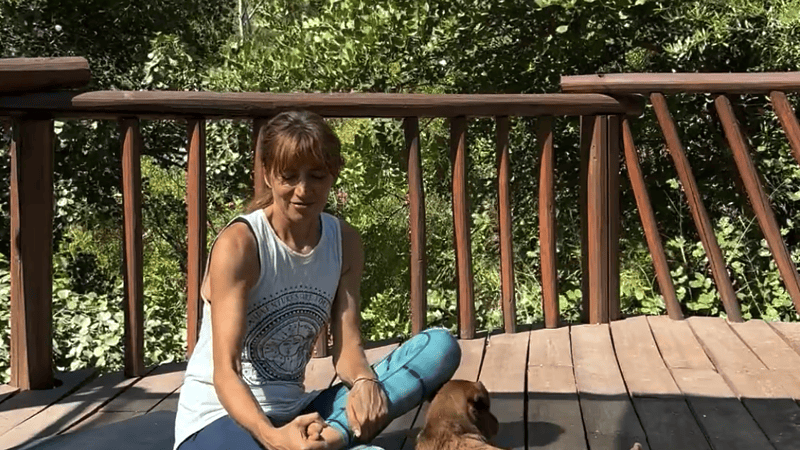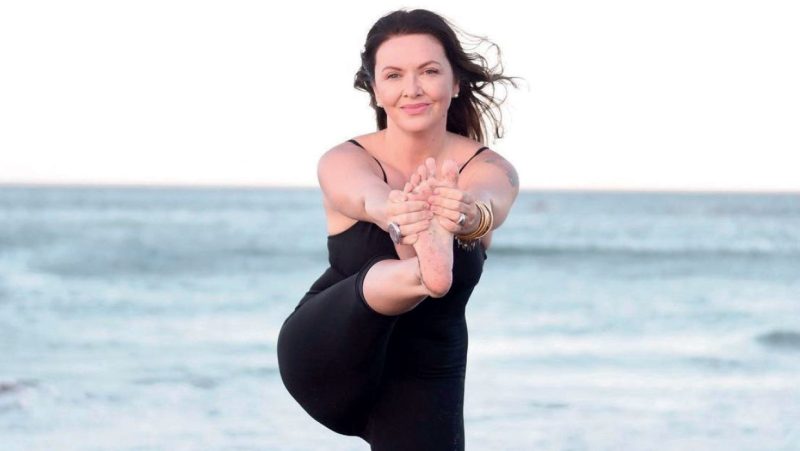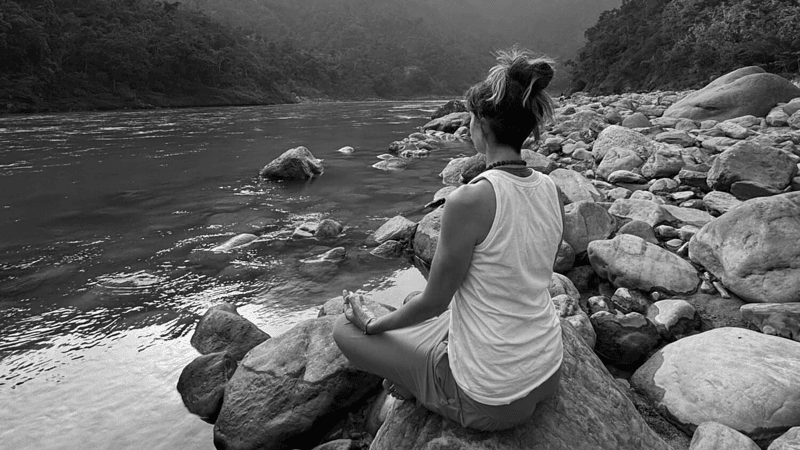4 practical ways that yoga can help children to love and accept themselves. By Veronica Greene
Love and Accept
Children are all different. They come in all shapes and sizes. They each process the world around them very differently and all shared experiences are very individual. Yoga is often encouraged as a ‘non-competitive activity’ where children can learn many of life’s lessons. It is recommended as a practice that can teach children about self-awareness, both physically and mentally – promoted to help kids accept and cherish themselves, just as they are, and to encourage them to become more tolerant of others. All this is very true and can help build the same traits in adults too!
How can you practically achieve this in a kids yoga class? Competition or a competitive spirit comes from within. Teachers in schools know this and use it to their advantage, giving extra points to the group who tidy their desks first or the group who sit quietly. We, as yoga teachers, can very much promote that everyone is a star but how can we get that message across if the children are busy watching each other and comparing themselves with the child on the next mat. Every child wants to achieve and compete with themselves to master that challenging pose.
Here are some practical tips on how you can encourage each child to be all they can be and to love and accept themselves in that moment.
Lesson 1 – We are all individuals (acceptance of self and others)
Teach them that each of us has different strengths and (as everything has an opposite) weaknesses. Start the lesson talking about opposites (i.e. the opposite of small; opposite of light; opposite of strong). Ask each child to demonstrate a yoga pose that they feel they perform well. Then ask them to demonstrate a posture they feel weak in or feel it’s not one of their ‘best’. Then explain to them why they are strong in that pose. (i.e. you have amazingly long arms so you can catch or you’ve got really strong legs from your football). Explain also why they are weaker (i.e. you are younger than some of the others so you still have to build your upper body strength etc.). What’s interesting is the children will very kindly join in to tell each other about the postures they think their classmates are ‘brilliant’ at! Encourage this group interaction and all the children will leave feeling 10 feet tall (the opposite to small!).
Lesson 2 – Our amazing power within
Teach them about the power we all have to change how we feel. Sitting in a cross-legged, slumped posture is not a ‘good’ posture. Change the posture to an erect spine with an open chest and long neck and this becomes a ‘better’ posture. Ask them to move between the two. Which posture do they feel better in? Explain to them they have more fresh oxygen entering their lungs, travelling to their brains helping them feel more alert.
It’s always great to ask them what their younger siblings would do if they didn’t get their own way. Most will automatically show slumped shoulders, closed-chest and petted lip! Explain that their posture affects how they feel – it’s hard to stay in a ‘bad’ mood if you stand up tall and open your chest.
Lesson 3 – Love and energy
Teach them that our thoughts can change our energy. Let the children look at a cute picture of a puppy, kitten or baby. Ask them to close their eyes, think of the picture and to feel any changes in their body. Most will be able to describe a ‘hot’, ‘fuzzy’, ‘tingly’ or ‘happy’ sensation. Ask them to point to their heart. Ask them to close their eyes and imagine their heart glowing. Feel this glow spreading through the whole body, spreading to the arms, down to their fingertips and now down their legs all the way to their toes. Explain that this spreading of light is energy spreading through their bodies. We are just like a huge battery that can feel drained or just run out of energy. If we visualise love from our hearts, filling every part of our bodies, then we can recharge our energy.
Lesson 4 – Nobody is perfect
Teach them that everyone has a bad day and to accept it as that. Balance postures are perfect for this. Setting the class up in tree pose and holding for two minutes..this will bring out the inner competitor in each child. When a child loses their balance or their foot touches the floor then they sit down and wait. Change legs and repeat. Usually, the results will be different for each leg. Explain to the children that just as the results for each leg are different the results on another day will be different – some days you have better balance than others just as some days in life will be better than others. Remember, every day is a school day and in every lesson plan we can find a life lesson!
Veronica Greene founded Little Greene Yoga and offers a certified children’s teacher training package (3-5yrs; 5-8yrs; 8-12yrs & teens) (littlegreenyoga)







